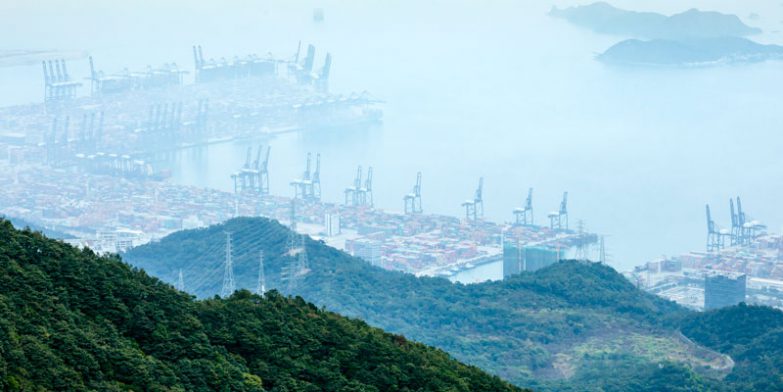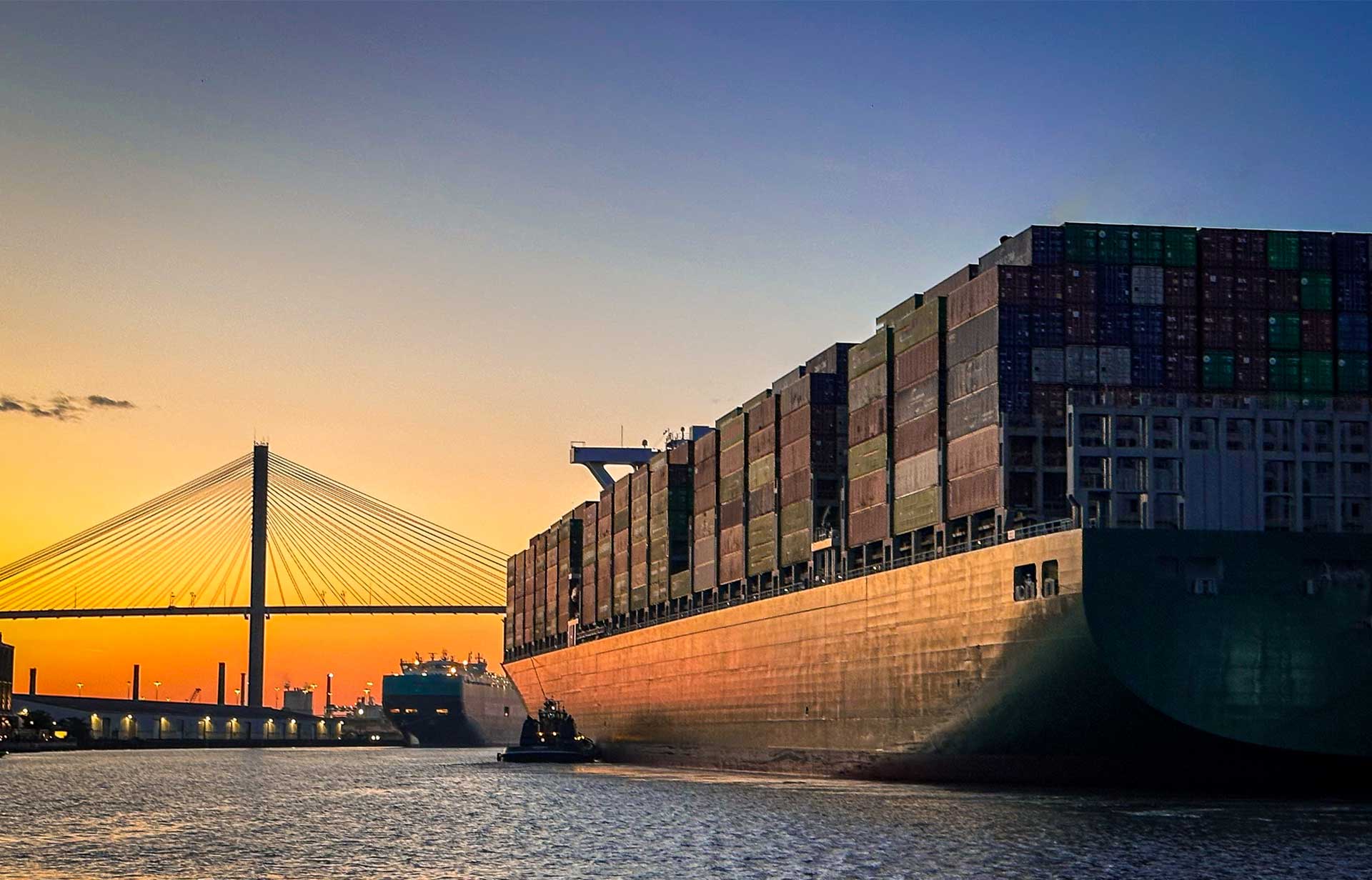
The percentage of industry-wide blanked capacity between Asia and Europe has increased significantly from previous years to 17%, with Golden Week cancellations spiking, while 47 new container ships have already been delivered.
Industry-wide blanked capacity from Asia to Europe has increased to 17.0%, with a further increase in the three weeks following Golden Week.
Volumes remain relatively strong on the Asia to Mediterranean trade, but carriers added too much capacity when demand proved resilient, and now they are trying to balance available capacity to match volumes.
In a move likely to be repeated on other trade-lanes, eastbound transPacific capacity reductions may continue for the next five months because US imports from Asia are expected to remain muted through Chinese New Year in February.
To date, transPacific carriers have announced blank sailings for October totalling 20% of total capacity for the month to the West and East coasts, according to Sea-Intelligence.
Carriers are also reducing vessel speeds from Asia to North America as a way to manage capacity without having to blank sailings.
Last Friday, Drewry’s Cancelled Sailings Tracker reported that across the major East-West headhaul trades: transPacific, transAtlantic, Asia to North Europe and Med, 88 cancelled sailings have been announced between 2nd October and the 5th November, out of a total of 661 scheduled sailings, representing a 13% cancellation rate.
Meanwhile, 62 neo-panamax ships (NPX) in the size range of 13,000 to 16,550 teu will enter service in the course of 2023, with 47 already delivered and deployed on loops.
On the 1st September, there were 255 vessels (12,500 to 17,000 teu) under construction and 58 megamax vessels (23,000 to 24,346 teu) on order.
Sea-Intelligence expects the market to be marked by excess vessel capacity, modest increases in import volumes and pressure on freight rates for the next three to five years, if massive over-capacity sticks.
Blank sailings inevitably lead to schedule disruptions and the potential “rolling” of cargo at Asian load ports, which is why we recommend sharing your shipping forecast with us, at the earliest opportunity, so that we can book your cargo with carriers that will maintain schedule integrity.
EMAIL Andy Costara if you would like to to learn more, or have concerns about the issues raised here.





